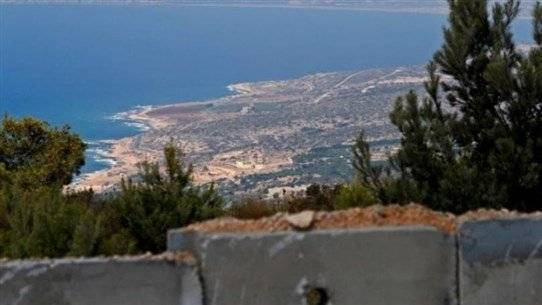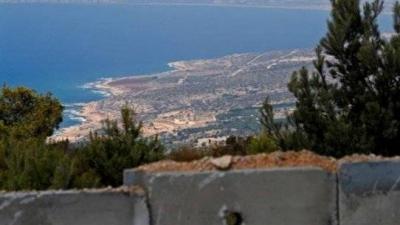The demarcation file is progressing rapidly and is considered nearly completed following a phone call from U.S. President Joe Biden to Lebanese President Michel Aoun, congratulating him. Lebanon is expected to officially announce its approval of the final draft sent by U.S. envoy Amos Hochstein in the coming hours or days, with the agreement to be finalized this month, before the Israeli elections, despite the caution expressed by Hezbollah Secretary-General Hassan Nasrallah in his speech yesterday. Lebanon has obtained its demands and emerged initially as a winner in the dispute, or at least has achieved the best possible outcome. However, these gains necessitate a working mechanism after the demarcation to kickstart exploration and extraction operations, and thereafter a method to benefit from the revenue generated from the sale of this wealth.
In this context, the Progressive Socialist Party is working to push for the necessary laws to be approved, which its leader Walid Jumblatt emphasized yesterday by insisting on the need to establish a national oil company free from any local political guardianship and away from the phantom companies formed by brokers; otherwise, it would be better for this wealth to "remain where it is," as he wrote on Twitter. The "Progressive" will hold its second conference related to the gas wealth file to reaffirm its principles.
In this regard, Leila Hariz, a member of the Progressive leadership and an expert in oil and gas laws, pointed out that "what is currently required, after the agreement is achieved, is a genuine commitment from Total to commence exploration and extraction," and the company should translate this commitment with logistical preparations before the demarcation is completed.
Hariz noted to "Al-Anbaa" that "the petroleum industry is divided into three categories: the first, known as upstream, involves exploration and production, the second, midstream, involves transporting gas from the platform to the shore, storage, and sales, while the third, downstream, pertains to refining, marketing, and selling oil and gas derivatives." She added, "Therefore, establishing a national company specialized in petroleum operations, especially in the midstream and downstream sectors, is crucial for building the necessary infrastructure in preparation for gas production and export. The company should be a state-owned enterprise with legal personality and financial and administrative independence."
She emphasized the "necessity of activating the Petroleum Sector Management Authority, whose role is to organize the sector and monitor exploration activities," as well as the urgent need for the parliamentary committees and the Parliament to approve the law proposed by the Democratic Gathering, which aims to create a sovereign fund to ensure that the revenues from extraction and sales operations are not wasted, alongside other laws proposed in the same context. This law guarantees accountability and prevents the exploitation of this file for quotas and corruption.
Hariz reminded that "this draft law features a system of institutional and good governance that makes the sovereign fund a public institution with financial and administrative independence, consisting of 8 chapters and 27 articles that address the mechanism for establishing the fund, its structure, governance, financial rules governing it, investments, accountability, and transparency."




